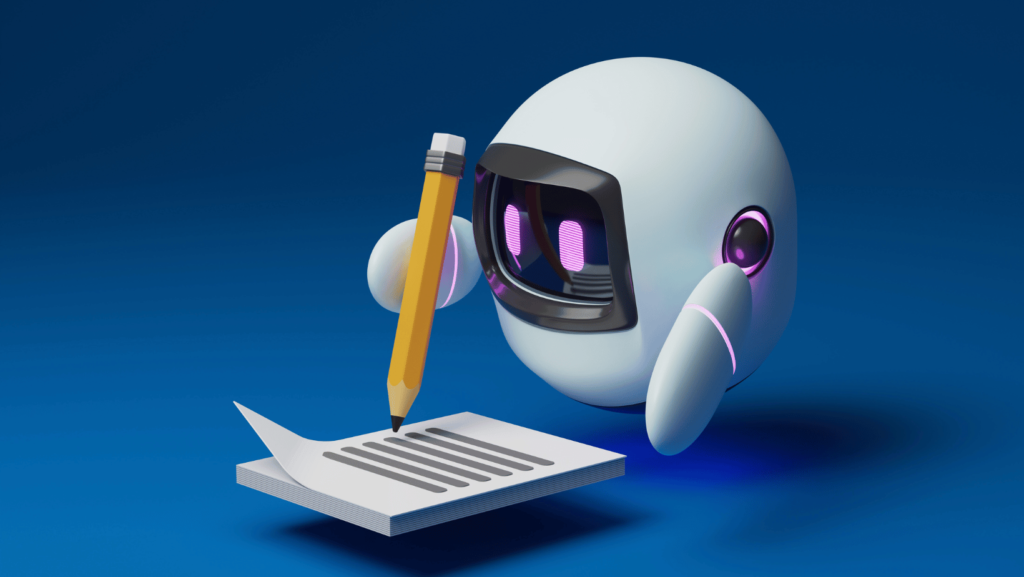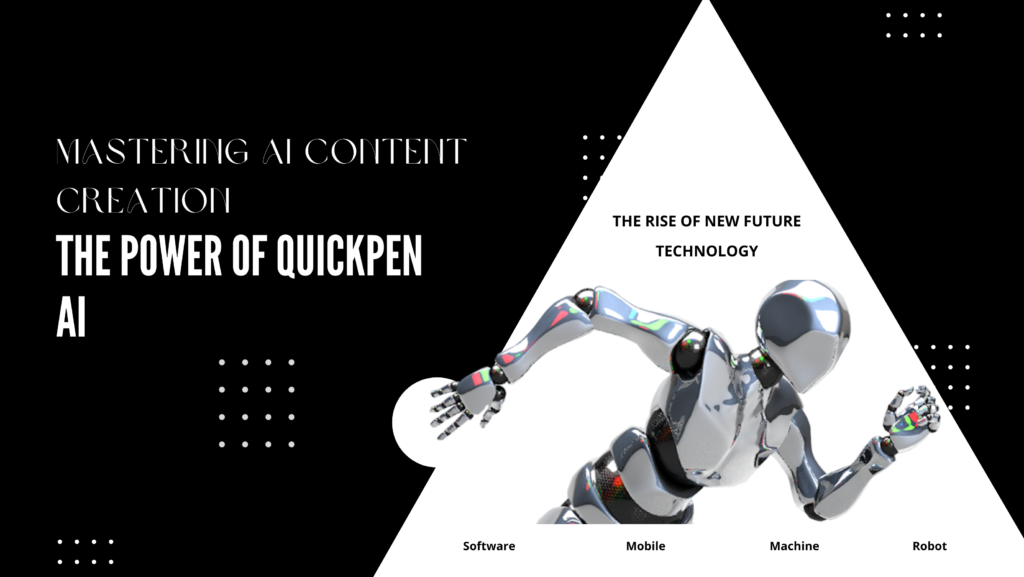AI in Education Trends
The educational landscape is undergoing a remarkable transformation, thanks to the swift progress in artificial intelligence (AI). This cutting-edge technology isn’t just reshaping various sectors; it’s making a significant mark on education too. Picture classrooms where learning is deeply personalized, where every lesson is tailored to individual needs, all enabled by AI. Educators are now equipped with AI tools that are redefining teaching methods. This evolution in AI isn’t just a technical upgrade; it’s a whole new way of experiencing education, both for students and teachers. It’s an exciting time in the world of learning.
Embracing AI: Transformative Approaches in Educational Environments
Transition from Traditional to Technology-Driven Classrooms
The evolution of education is truly exciting! We’re moving away from old-school classrooms to ones buzzing with technology. It’s all thanks to the rapid tech advances, especially in AI. Think of AI as this cool new teammate for teachers, totally changing the game in schools. Now, classrooms aren’t just rooms with desks; they’re lively hubs where students get to work together, think in new ways, and let their creativity soar. It’s all about getting them ready for a world that’s super digital and always changing. How awesome is that?
AI-Powered Tools: Enhancing Collaboration and Individual Learning
AI technologies in education have the potential to enhance collaboration, individualize learning, and automate assessment processes. By analyzing vast amounts of data, AI algorithms can provide valuable insights into students’ learning patterns and adapt instruction to their individual needs. Moreover, AI-powered tools are empowering teachers with innovative content creation and pedagogical methods, enabling interactive and engaging learning experiences.
The Rise of Smart Content: AI’s Role in Curriculum Development
AThe rise of intelligent material is evidence of how artificial intelligence is changing how humans learn. Imagine textbooks that are dynamic resources that adapt to the individual learning preferences of each student, rather than just pages of static content. This is real, it’s not just a dream from far away. Not only are AI-powered study aides and automated evaluation systems transforming education, they are completely changing the way curricula are created. Every student’s needs are being handled with precision and care as we witness an exciting and inclusive educational progression that will genuinely shape the future of education.
Personalized Learning Paths: The Impact of AI Customization in Education
AI is changing the game in education by offering a more personal touch. Imagine a learning experience that’s like having a tutor just for you, understanding exactly what you need and how you learn best. That’s what AI-powered customization is all about. It’s like adaptive learning, where the system keeps an eye on how you’re doing and tweaks the lessons to fit you perfectly. This way, everyone gets a learning path that’s as unique as they are, making education more engaging and effective for each student. It’s a real game-changer.
AI in Supporting Educators: Shifting the Focus to Interactive Teaching
AI technology is revolutionizing teaching, proving to be an incredibly useful asset for educators. These AI-driven tools and insightful data analytics are opening doors for teachers to craft more engaging, interactive lessons. This shift isn’t just about keeping up with tech trends; it’s about deeply understanding and meeting the varied needs of every student in the classroom. The result? Students are not just learning; they’re actively participating and connecting, leading to a richer educational experience and better results. It’s a game-changer in education, bringing a human touch to the way we teach and learn.
Virtual Assistance and Chatbots: AI’s 24/7 Educational Support System
Think of virtual assistants and chatbots as the ever-ready helpers in the world of education, always there, day or night, to lend a hand. They’re not just programs running on a screen; they’re like digital companions, always eager to assist. Whether a student is burning the midnight oil or up at the crack of dawn, these AI friends are just a click away, ready to dive into a world of information. They personalize support, making each learner feel like they have a tutor just for them, understanding their unique needs. It’s like having a knowledgeable friend who’s always ready to help, making learning an ongoing, engaging conversation. They turn the vast ocean of information into manageable streams, making sure that no question goes unanswered, no curiosity unexplored. This isn’t just about getting answers; it’s about nurturing a continuous, interactive, and personalized learning journey for every student.
AI for Special Needs: Fostering Inclusive Education
The power of AI is in its capacity to provide opportunities for students with specific needs. Imagine a society in which learning hurdles are seen as challenges that can be met with the appropriate resources rather than as obstacles. This reality is being made possible by AI’s assisting technologies, which are turning classrooms into environments where all students—regardless of their particular needs—can succeed. Using AI to its full potential not only improves education but also builds a more welcoming and inclusive learning environment. Encouraging every student to reach their maximum potential and transforming education into a shared adventure is the goal.
Digital Natives: AI’s Role in Shaping Gen Alpha’s Learning Processes
Consider artificial intelligence (AI) as a new breed of teacher who can communicate in Gen Alpha. This technologically aware generation is growing up in a world where learning involves more than just textbooks—it involves engaging in immersive, imaginative experiences. AI intervenes as a helpful mentor, transforming literacy and numeracy training into engaging journeys. It’s like having a learning partner who is aware of the special ways in which these impressionable brains function, turning schooling from a chore into an exciting adventure full of delight and discovery. AI is thereby encouraging a whole new generation to appreciate learning rather than just imparting knowledge.
Advancing Education Through AI: Insights from Global Policies and Studies
Policy reforms are advocating for AI interventions in education, recognizing its ability to enhance teaching and learning experiences. Global trends in AI adoption within educational systems are rapidly growing, with research and case studies supporting the benefits and effectiveness of AI in education.
Challenges and Considerations: Balancing AI and Human Interaction in Learning
As we welcome AI into our classrooms, it’s like inviting a new member to the education family. While this technology brings amazing tools, we must remember the irreplaceable warmth of human touch in learning. It’s about finding that sweet spot where AI enhances, not overshadows, the personal connection between teachers and students. We also need to tread carefully, keeping an eye on ethical boundaries and respecting everyone’s privacy. It’s not just about using AI responsibly; it’s about ensuring that in this new digital age, our human connections in education remain strong and at the heart of learning.
Future of AI in Education: Preparing for the Next Wave of Innovation
Think of AI as the rising sun and the future of Ai education as a bright horizon. Through AI scholarships and committed research, we’re nurturing the brains of a new generation of minds to fully embrace this dawn. It’s similar to spreading the information seeds that will sprout into new inventions in the future. But the correct atmosphere is necessary for these concepts to grow. That’s where making careful investments and constructing strong infrastructure are important. We’re building a world where artificial intelligence (AI) in education is not a luxury but rather a resource that is easily accessible to all students. We’re not merely setting up computers and algorithms. The goal is to set the way for a future of learning that is more intelligent and linked.
FAQs
- What are the key benefits of AI in education?
- AI enhances personalized learning, automates assessments, and provides innovative teaching tools.
- How does AI personalize education?
- AI analyzes learning patterns to tailor instruction and content to individual student needs.
- Can AI support students with special needs?
- Yes, AI offers customized learning tools and assistive technologies for inclusive education.
- What role does AI play in curriculum development?
- AI develops smart content and study guides, making learning more adaptive and efficient.
- How do AI-powered tools assist educators?
- AI provides data analytics for insights into student performance and aids in interactive content creation.
Conclusion
The integration of AI in education trends is a pivotal evolution in the learning landscape, offering personalized, efficient, and inclusive educational experiences. While AI’s potential in transforming education is immense, it’s crucial to balance technology with human interaction. As AI continues to advance, educators and policymakers must navigate its ethical implications and ensure equitable access. The future of education with AI promises a more engaged, informed, and adaptive learning environment, preparing students for an increasingly digital world. Embracing AI responsibly can lead to a transformative era in education.
Source Links
- https://thedatascientist.com/the-future-of-ai-in-education-opportunities-and-challenges/
- https://www.uopeople.edu/blog/ai-in-education-where-is-it-now-and-what-is-the-future/
- https://www.forbes.com/sites/vickiphillips/2023/06/07/intelligent-classrooms-what-ai-means-for-the-future-of-education/?sh=c974cd4effb4
- AI GPT Kit: Unleashing the Power of AI for Revolutionary Digital Solutions






